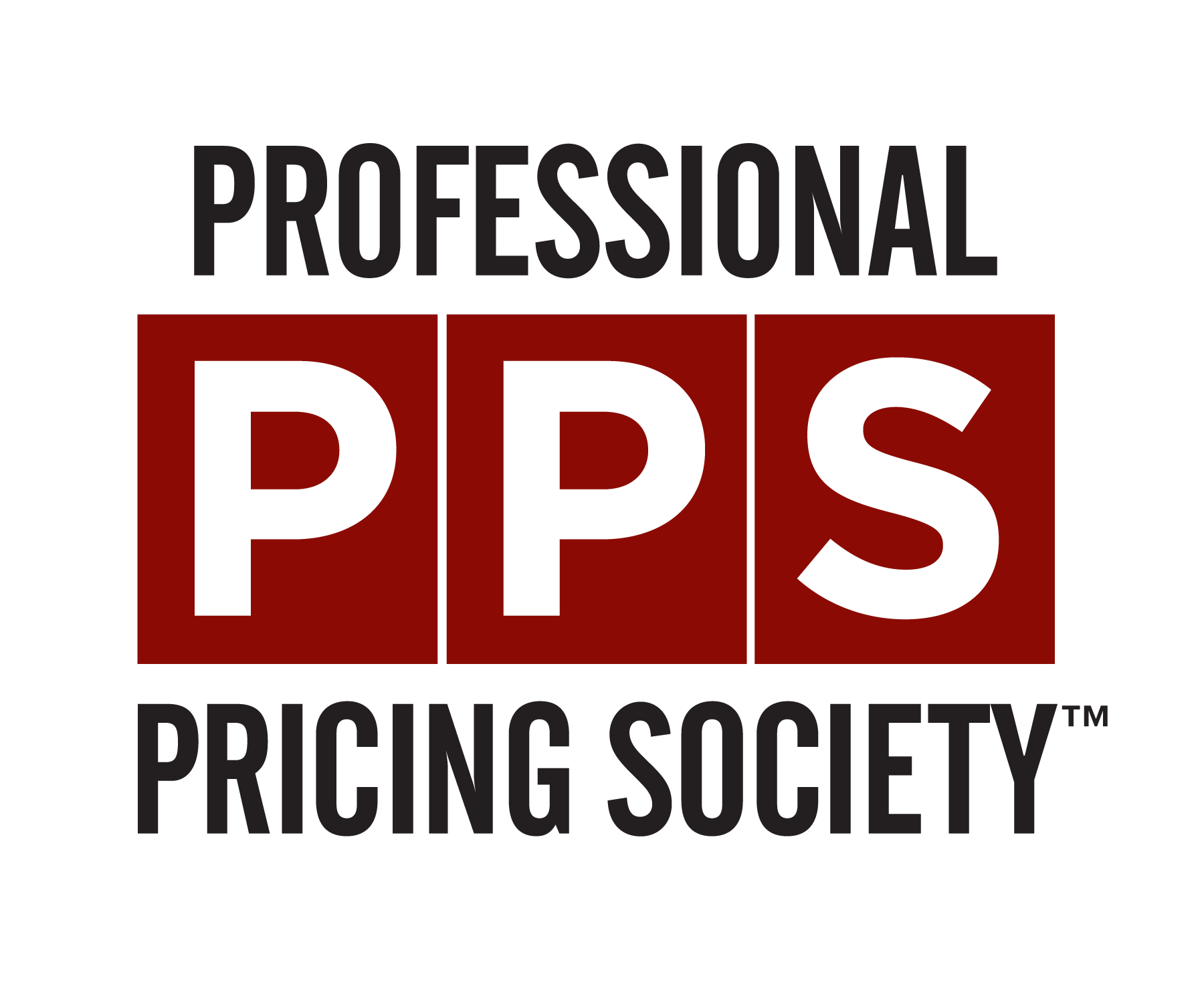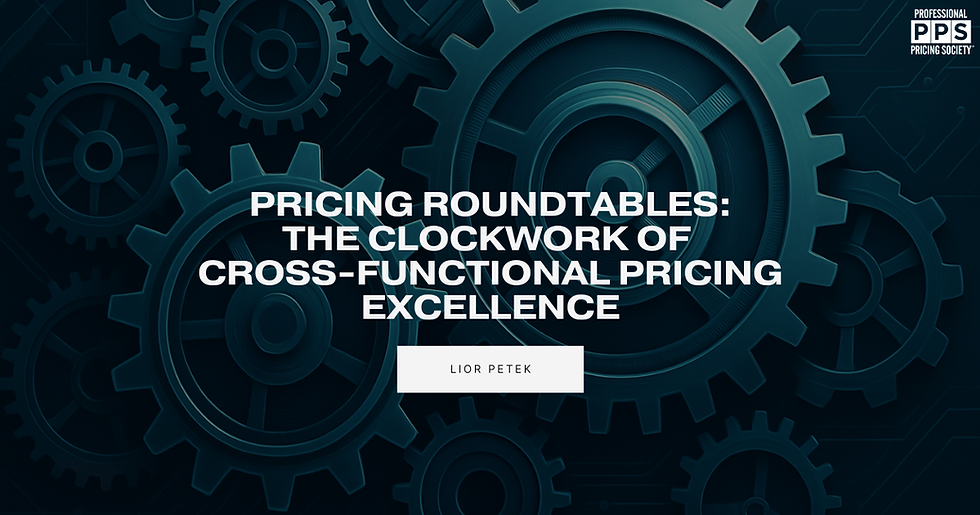"The Future Is Simple" By Stephen Haggett
- Meagan Ford
- Mar 10, 2020
- 3 min read
The industry advancements including stakeholders and modern digital tools, have added speed, but often risk stripping judgement. When did it get so overly-complex?
Steve Haggett, VP Pricing & Revenue Management at Iron Mountain and writes on the importance of simplifying complex pricing processes.
Stuff gets complicated.
I recently went through the annual process of selecting our family health plan. Lots of descriptions of features of the various alternatives – Health Savings Account, In-Network, Preferred Providers. We called our doctors’ offices to see who was in which plan – but I’m not sure we understood how to make the best choice. The features never described anything like: “this plan is designed for people with very low healthcare needs, and that one for people who want the flexibility to cover lots of different complications.”
At the other end of the spectrum is my Apple Watch. When I’m driving and get directions on my iPhone, it simply connects and buzzes my wrist when I need to make a turn. If I’m streaming music I can poke it and it will skip to the next song. Easy.
We make decisions as pricing leaders on that spectrum of health plan-to-Apple Watch.
What if a deal includes offerings from different profit centers?
Let’s add in an approval layer for each executive, for example.
Our pricing algorithm will be 12% more statistically valid if we increase from three to five attributes. Our deal model will deliver a more accurate projection of deal margin if we incorporate all the individual overhead rates. Individual countries have developed routines that make sense within their market, customized to local competition, regulations, and best practices.
With the advent of powerful new Machine Learning tools, vendors can design customizations to their proprietary algorithms to set price based on millions of prior customer pricing decisions. But does anyone selling to the customer understand – and have confidence in – why that’s the right price?
We are making a decision to drive simplicity and consciously compromise when it means reducing complexity. We are eliminating customization within our software tools, and standardizing processes across product lines and countries. Executives are losing their deal approval rights.
Pricing is a complicated role. It’s more cross-functional than anything but the chief executive role – with demands from Sales, Finance, Operations, Product Management, Marketing, HR, IT, Legal, and other functions.
I just got off the phone after an hour with our Tax department.
Each of these groups needs specific deliverables from us to achieve their own goals – and those demands are never the same.
The easiest solution is a more robust, customized process.
But the benefits of simplicity are obvious.
Our average rates are growing and our customers are happier. Deal approval times are shrinking. We can serve customers consistently globally. Sales teams understand – and can communicate – the basis for our prices, dramatically increasing compliance with target prices.
During the 31st Annual Spring Pricing Workshops and Conference event in Chicago, #PPSCHI20, I will talk about the costs of complexity and the benefits of simplicity. Simplicity isn’t easy – it’s demanding.
Telling country leaders they need to adopt a globally standard process is challenging. Telling executives they are losing their decision rights, and we’re taking away that giant margin calculator model, isn’t easy.
I’ll share some examples that are compelling, easy-to-share stories about the costs of pricing complexity, and I’ll show examples of some of the ways we are driving simpler processes. We’re moving from a black box of proprietary pricing tools to a glass box – a compromise, but one that’s paying off.

Join PPS in Chicago to learn more in-person:
About Steven Haggett:
Steve Haggett is VP of Pricing and Revenue Management at Iron Mountain, a global business services firm. The revenue management team drives the majority of global profit growth. Steve previously led global pricing at Philips Healthcare and Quest Diagnostics. He comes to the Pricing industry with a background in sales and marketing in the global energy industry. Steve holds a degree in Art from Williams College and an MBA from Harvard Business School. He is an award-winning mosaic artist and regularly exhibits in the Boston area.





